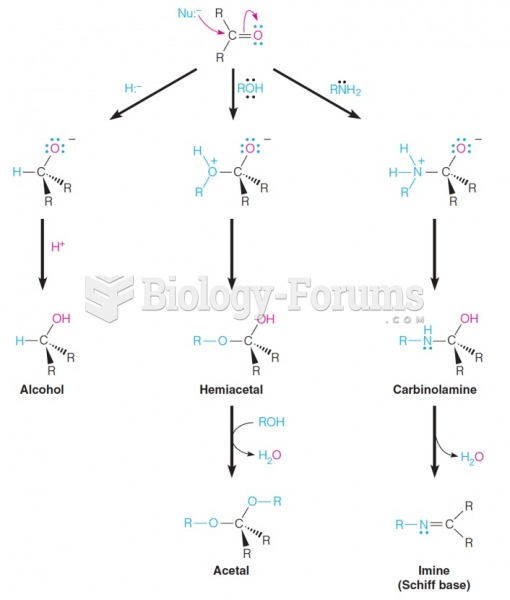Answer to Question 1a
Answer to Question 2 Schien, suggests that career anchors are formed during early career experiences and situations encountered in the workplace. He further suggests that career anchors develop over time and are not easily changed.
Career anchors are considered to be core values, interest, and abilities that are developed during early career as follows: (1) technical functional competence, (2) managerial competence, (3) autonomy-independence, (4) security-stability, (5) service-dedication, (6) pure challenge, (7) life-style integration, and (

entrepreneurship.
The concept of career anchors suggests that the formation of occupational self-concept is driven by talents and abilities developed in real work situations, motives and needs that are illuminated by work experiences, and attitudes and values learned from interactions in the workplace.
Answer to Question 3 Questions tend to center on competence and identity.
o In the early career stage, typical questions might include:
Can I be effective in the managerial/professional role?
Can I be effective in the role of spouse and/or parent?
Who am I as a professional?
What are my skills and aspirations?
o In the middle career stage, typical questions might include:
How do I compare with my peers, with my subordinates, and with my own standards and expectations?
Who am I now that I am no longer a novice?
What does it mean to be a senior adult?
o In the late career stage, typical questions might include:
Can I be effective in a more consultative and less central role, still having influence as the time to leave the organization gets closer?
What will I leave behind of value that will symbolize my contributions during my career?
Who am I apart from a professional and how will it feel to be without that role?







